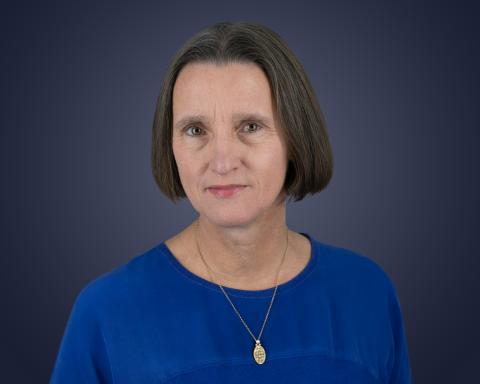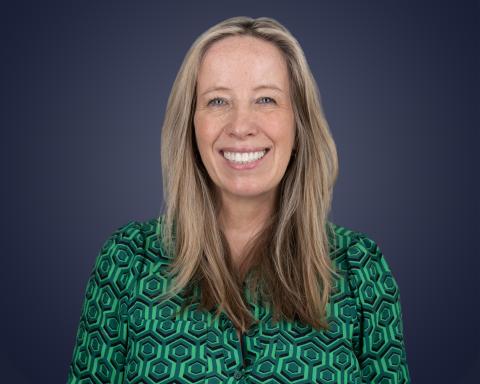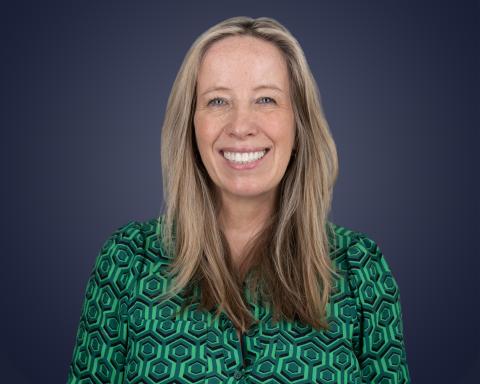Tom Harrington was quoted in The Guardian on "Piers Morgan to leave TalkTV show to focus on YouTube"
9 February 2024Tom Harrington, head of television for Enders Analysis, the media research company, told the Times: “There is such a disparity between the figures that he generates online and what he gets on TalkTV.
“It is just out of kilter with his profile, the high production values and all the money spent promoting the show."
“Most of the exposure to his interviews is from the two-minute clips, which work much better than burying him down the TV guide with a hundred channels above it which make it difficult to find.”


